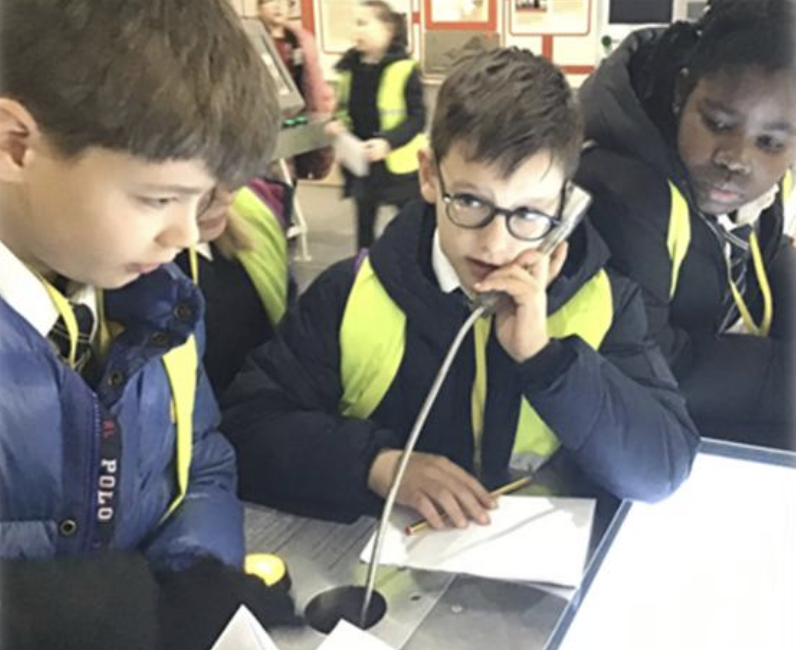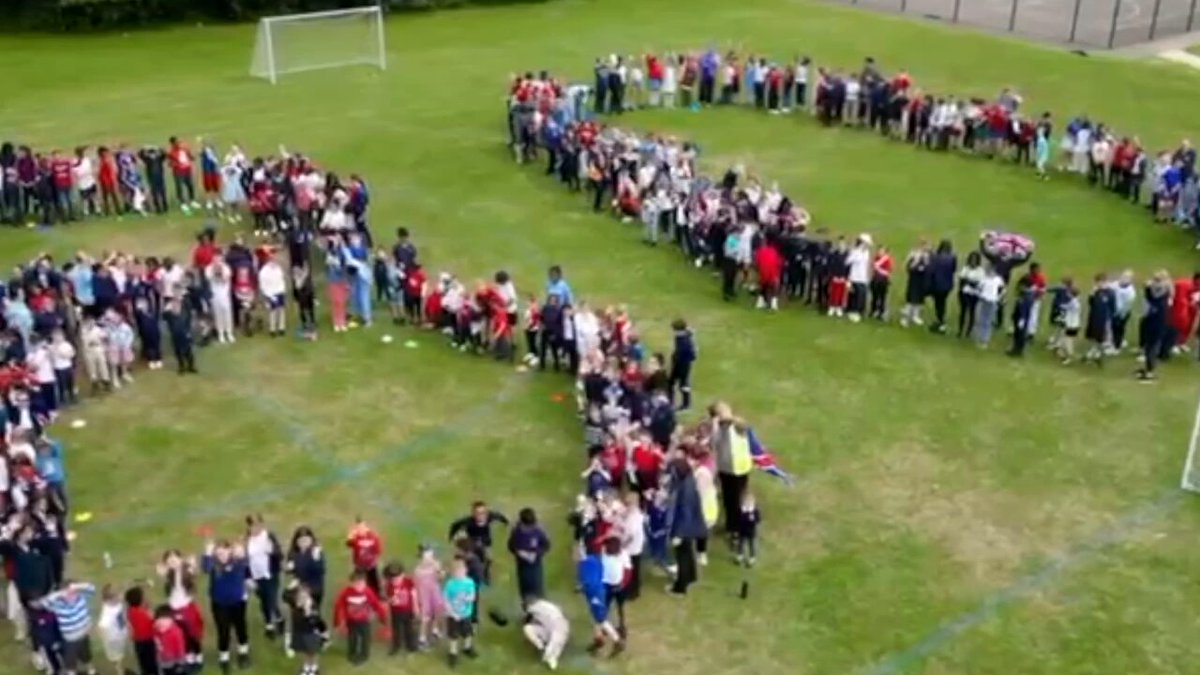English
English
At Freshwaters we use a book led, creative curriculum to teach both reading and writing. We have carefully chosen high quality books, which engage and stimulate our pupils, encouraging them to ask questions and develop a broad knowledge of genres and authors. It is our aim that by the time our children leave us in year 6, they have been exposed to a wide range of books, including fiction and non-fiction. This will include: fairy tales, classic novels, pictures books, information texts, poems, culturally diverse and modern stories. We look at how these texts build upon knowledge and concepts, year after year and review our choices annually to enable us to keep our curriculum fresh and exciting.
Each half term, the teachers create a visual curriculum map, making purposeful links between the book and specific subject areas linked to the National Curriculum objectives. The teachers also select key vocabulary to be taught at the beginning of each lesson to enable all our children the opportunity to access the book and break down any barriers that may exist.
(Our Reading Spine and our English Rationale documents can be downloaded at the bottom of this page.)
Spoken Language
As a school we have a strong focus on the spoken language, starting in our Nursery setting and moving up through the school. All children are encouraged to speak aloud, ask questions and share their ideas. Reading aloud within English lessons individually, as a paired activity or whole class reading is modelled by the teachers and staff within the classrooms. Discussions, debates, role play and drama are key elements when developing language and enables the refinement of written language.
Reading
Following on from the teaching of phonics in Early Years Foundation Stage, pupils develop their understanding of word reading and comprehension. Prior knowledge of understanding the letters on the page and the sounds linked to the letters enables children to recognise words on the page. Comprehension skills linked to vocabulary and grammar are taught within the whole class reading lessons, where children are encouraged to read across a range of texts and answer questions to develop their understanding of: vocabulary, inference, prediction, explanation, retrieval, summarise and sequencing.
Writing
Writing outcomes are planned ahead to ensure that the children are aware of the audience, purpose and context of their writing. We have an expectation of two pieces of extended writing each half term, one fiction and one non-fiction, which develops the pupil’s stamina and grammar skills as they progress through the school. Opportunities in writing include the use of note taking, planning, revision, editing and evaluating their work and their use of Standard English.

























